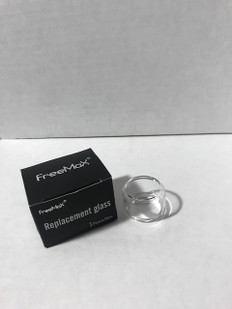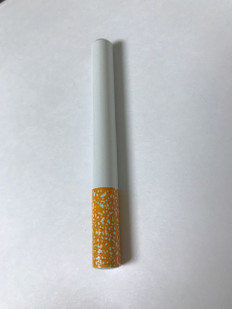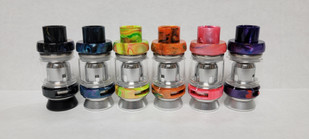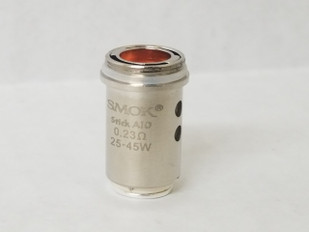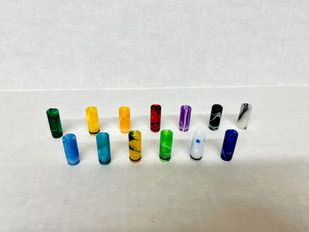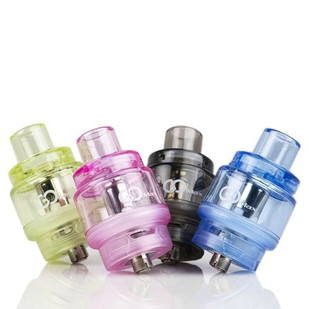- Home
- The Vape Mall Blog
- How’s CBD Being Used for Different Addiction Treatments?
How’s CBD Being Used for Different Addiction Treatments?
Posted by on
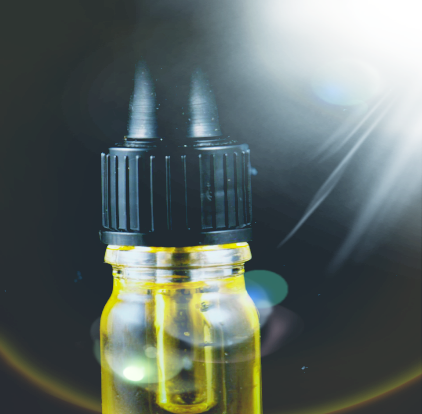
Are you or someone you know an addict? If so, you shouldn’t be surprised. About 21 million Americans struggle with some form of addiction, whether it be alcohol or shopping. Addiction is extremely prevalent in our society, and yet it’s extremely misunderstood. Even worse, it remains stigmatized, making it that much harder for addicts to get the help that they deserve.
Because of the stigmatized nature of addiction, many people feel ashamed to look for treatment in order to recover. However, the reality is that there is more access to and a wider variety of treatment now than ever before. This means that addicts have real hope if they choose to decide to get help.
And, amazingly, new studies show that hemp may be able to aid in the treatment process. That’s right – CBD, that little compound natural to the hemp plant, may be able to make one’s treatment goals more achievable. CBD’s potential ability to aid in recovery from addiction has to do with the way in which this compound works with the body’s endocannabinoid system, which we will be getting into later.
Before we discuss the unique relationship between CBD and addiction, let’s discuss addiction as a clinical condition so that we may better understand it, and thus treat it accordingly.
The Basics of Addiction
Addiction has been around since the beginning of human existence, but only recently has it been considered a clinical condition and a disease rather than a shameful inability to control one’s self. We now know that certain parts of an addict’s brain are organized in a unique way that increases their chances of becoming addicted to something.
Now, addiction is a pretty broad term. To be a true addict, you must be dependent on something that activates your brain’s reward center. And, you must be so dependent on it that you are unable to control your impulses and unwilling to consider the long-term consequences of your actions. For instance, a drug addict knows that their drug use is harmful, but they cannot stop themselves from consuming the drug, even when they’ve lost their jobs and their relationships in the process.
All of us have vices, whether they be buying clothes, having a drink after work or smoking cigarettes. However, not all vices are addictions. When a person becomes an addict, they need legitimate clinical help.
Also, addictions can affect us both physically and mentally. For instance, gambling is considered a mental addiction as our body does not crave the act of betting money. However, heavy drugs like heroin are mental addictions as well as physical. The body gets used to the presence of heroin in the body, and so it craves it physically. This is why a person withdrawing from heroin will have many physical symptoms as their body adjusts to not having the drug in its system.
How a Person May Become an Addict
Like we said earlier, it’s possible that people are genetically predisposed to becoming addicts. Some researchers believe that a person is more likely to become an addict if their parent was an addict, because addiction may lie in the genetic makeup of a human being. However, there are other ways in which a person can develop an addiction as well.
For instance, if they utilize a physically addictive substance habitually, it can be a matter of time before their body is dependent on that substance. Opioids are a great example. A patient may be prescribed an opioid for a pain condition. After taking the opioid regularly, they may become addicted because the drug causes physical dependency.
Also, addiction statistics show that people with mental health disorders are more likely to become addicts. For example, a person with depression may turn to alcohol because when they are drunk, they don’t feel their depression symptoms as intensely. This is why someone who is an addict is urged to seek psychotherapy as well, in order to work through the underlying factors that may have led to their addictive behavior.
The Effects and Consequences of Addiction
Addiction can be devastating to a person’s life, as well as the lives around them. For instance, a gambling addict may end up losing all of their savings, leaving both them and their family without any money. And, an alcoholic may destroy their physical health while losing the relationships that they have because of the inappropriate behavior that they display when they are intoxicated.
How Addiction Can Be Diagnosed
There is no clear diagnostic method for addiction in the physical sense. In other words, addiction will not show up on a person’s blood test. However, a psychotherapist can determine whether or not a person is an addict by asking a series of questions and observing a patient’s behavior. It’s worth noting that many addicts are in denial of the fact that they have an addiction, because they hold on to the belief that they are still in control of their lives.
Ways in Which Addiction Can Be Treated
There are many different methods for treating addiction, and often, an addict will rely on several different treatments that are utilized together in order to improve their chances of recovery.
Withdrawal and Cessation
Of course, in order for a person to recover from being an addict, the first thing that they must do is withdraw completely from that which they are addicted to. It’s rare that an addict can resume their previous addictive behavior on a smaller scale. For instance, alcoholics are advised to refrain from alcohol completely, as it’s very likely that one small drink will eventually reignite the addiction.
Outpatient Services
Outpatient services are available to addicts in the form of treatment centers. These treatment centers offer a wide array of services such as individual therapy, group therapy and hypnosis.
Inpatient Services
Inpatient services allow an addict to stay for a long period of time at a treatment facility where they have access to a wide array of therapies.
Programs
Programs such as twelve-step programs are typically for patients who have surpassed the withdrawal period. These programs allow former addicts to meet together and motivate each other to live addiction-free lives.
Psychotherapy
Many addicts need to undergo psychotherapy to determine any underlying factors that have contributed to the addictive behavior.
CBD: A Possible Treatment for Addiction?
We now know that CBD may be able to aid in the addiction recovery process. CBD works with the body’s endocannabinoid system that regulates every important bodily function, including dopamine production. Dopamine is the neurochemical that is released when an addict engages in their addictive behavior, producing a feeling of pleasure and excitement. CBD may be able to help the endocannabinoid system bring dopamine back to a healthy level so that the drive to engage in addictive behavior diminishes.
CBD may also be able to reduce anxiety, depression and stress because of its potential effects on the neurotransmitters. This means that if a person is an addict due to an underlying mental health condition, CBD may help. In fact, a recent study found that CBD may be an effective treatment for addiction due to these factors.
How to Go About Using CBD as Part of Your Addiction Treatment
Doing it properly and accordingly is very important.
Don’t Stop Your Other Methods
If you’re already receiving treatment for addiction, don’t stop what you’re doing because you started taking CBD. Instead, see CBD as a supplemental therapy alongside more conventional methods.
Find the Right CBD Product for You
Feel free to experiment with different CBD products before choosing the right one for you.
Use it Habitually
It’s believed that CBD is most effective when taken daily. This is because the endocannabinoid system may need to accumulate CBD before it begins using it to regulate the many bodily processes.
Let Your Doctor Know
Lastly, always tell your doctor before using a new treatment for addiction.
Addiction Can Be a Crippling Condition, But It Doesn’t Have to Last Forever
Today, more and more treatments are available for those who are looking to overcome addiction. And, we now know that CBD may be able to help the recovery process be smoother than we ever thought possible. If you or someone you know is struggling with addiction, consider getting help, and also consider giving CBD a try. You never know if this compound may be able to help you recover once and for all.
 Loading... Please wait...
Loading... Please wait...





